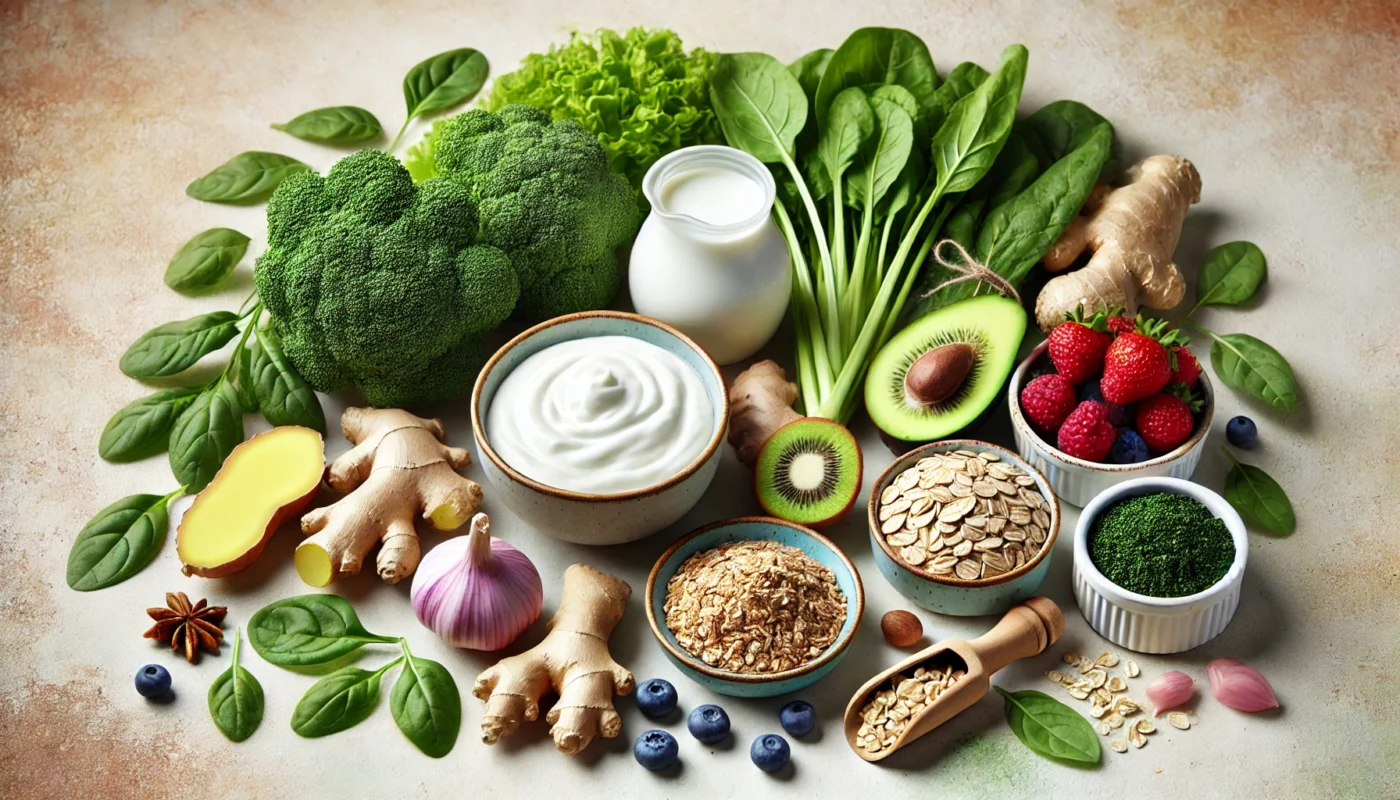Cortisol is a glucocorticoid hormone produced by the adrenal glands, playing a crucial role in various physiological processes. It helps regulate metabolism, reduce inflammation, and control blood sugar levels. Beyond these essential functions, cortisol is a key player in the body’s response to stress, allowing us to react effectively in challenging situations. Understanding cortisol’s multifaceted role can help individuals appreciate its importance beyond its reputation as merely a stress hormone.
Tag Archives: Stress Management
Lowering A1C levels is not only crucial for individuals diagnosed with diabetes but also for athletes who aim to optimize their performance and overall health. The A1C test provides insights into average blood glucose levels over the past two to three months, offering a comprehensive picture of one’s metabolic health. For athletes, maintaining optimal A1C levels can significantly enhance endurance, recovery, and performance. This article will explore various strategies that athletes can employ to lower A1C, supported by scientific research and practical advice.
To effectively combat swelling, it’s essential to comprehend what inflammation is and its role in your body. Inflammation is a natural response by your body’s immune system to fight off harmful stimuli, such as pathogens, damaged cells, or irritants. While acute inflammation is a protective mechanism, chronic inflammation can lead to various health issues.
Acute inflammation is a short-term response that usually occurs after an injury or infection. It’s characterized by redness, heat, swelling, and pain in the affected area. The purpose of acute inflammation is to eliminate the initial cause of cell injury, clear out damaged cells and tissues, and establish a repair process. In contrast, chronic inflammation is a prolonged inflammatory response that can last for months or even years. This type of inflammation can result from failure to eliminate the cause of acute inflammation, an autoimmune response to self-antigens, or a chronic irritant of low intensity that persists.
Inflammatory cells play a crucial role in the body’s response to injury or infection. Neutrophils, monocytes, and macrophages are types of white blood cells that rush to the site of injury or infection, where they engulf and destroy pathogens and debris. These cells release enzymes and chemical signals that recruit more immune cells to the area, amplifying the inflammatory response. While these processes are essential for protecting and repairing the body, they can also cause tissue damage if left unchecked.
The immune system is a complex network of cells, tissues, and organs working together to defend the body against harmful invaders. It comprises two primary components: the innate immune system, which acts as the first line of defense, and the adaptive immune system, which targets specific threats with precision.
The innate immune system is the body’s first response to pathogens and is non-specific, meaning it attacks any foreign invader. It includes physical barriers like skin and mucous membranes, as well as immune cells such as phagocytes and natural killer cells. These components work in tandem to detect and destroy invaders before they cause harm.
The innate immune response is rapid, often responding within minutes to hours of an invasion. The cells involved in this system, such as neutrophils and macrophages, are constantly on patrol, identifying and engulfing pathogens. This immediate response is crucial for preventing infections from taking hold.
Chemical signals, such as cytokines, play a significant role in the innate immune system by coordinating the response. These signals can recruit additional immune cells to the site of infection, increasing the body’s ability to eliminate the invader.
Immune disorders can manifest through both underactive and overactive immune systems. When the immune system is underactive, the body becomes susceptible to infections and diseases. Conversely, an overactive immune system can lead to conditions such as allergies, autoimmune diseases, and chronic inflammation, wherein the body’s defenses mistakenly attack its tissues.
Autoimmune fatigue is a unique and profound exhaustion that goes beyond regular tiredness. Those who experience it describe a pervasive sense of weariness that is not alleviated by rest or sleep. This fatigue can be both physical and mental, leading to difficulties in concentration, memory lapses, and a general sense of being “out of it”. The severity of autoimmune fatigue can vary from day to day, but it often feels like carrying a heavy weight that makes even simple tasks seem insurmountable.
A robust immune system is essential for warding off infections and illnesses. It acts as the body’s defense mechanism, identifying and neutralizing harmful pathogens such as bacteria, viruses, and other foreign invaders. While numerous factors contribute to immune health, including genetics and lifestyle choices, diet is a fundamental aspect that can be directly controlled.
Stomach inflammation, also known as gastritis, can be a bothersome condition that affects many individuals. The inflammation of the stomach lining can lead to discomfort, indigestion, and even more severe gastrointestinal issues if left untreated. While traditional medical treatments are available, many people are seeking natural remedies to alleviate their symptoms and promote healing. In this article, we will explore effective natural remedies for healing stomach inflammation, providing you with practical strategies to enhance your well-being.
Before diving into the specifics of what can help boost your immunity, it’s vital to understand what the immune system is and how it functions. Essentially, your immune system is a complex network of cells, tissues, and organs that work together to defend your body against harmful invaders like bacteria, viruses, and toxins.
Before diving into specific foods, it’s crucial to understand the underlying factors contributing to stomach inflammation. Gastritis can be classified as either acute or chronic. Acute gastritis is a sudden inflammation of the stomach lining, while chronic gastritis involves long-term inflammation that can last for years if untreated. Both forms can result in symptoms like nausea, vomiting, bloating, and abdominal pain.










